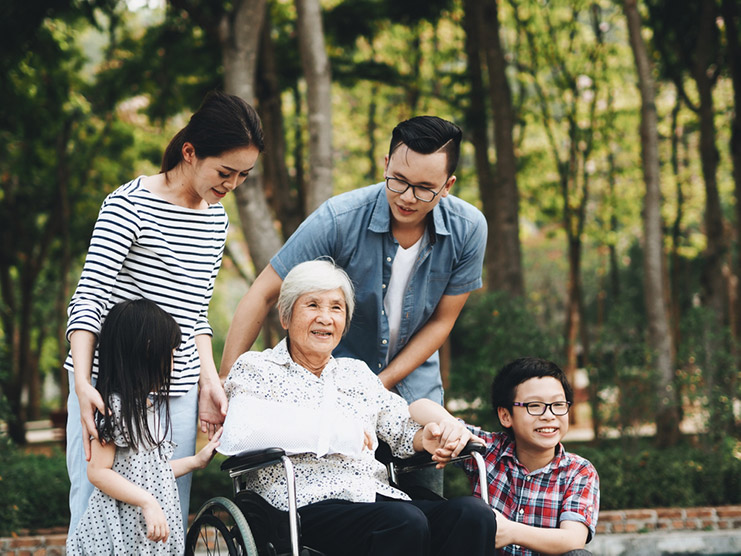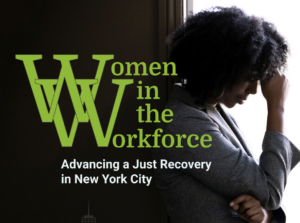Our Issues
Childcare & Eldercare
Our inadequate care infrastructure means that too many workers who are providing paid and unpaid care to children, elderly individuals, and people with disabilities lack the tools and resources they need to thrive. We’re committed to ensuring that all Americans are free from discrimination and have comprehensive and accessible supports and services for caregiving.

Childcare Is Essential
With many schools and childcare facilities closed amidst the ongoing COVID-19 pandemic, millions of parents—especially those uncovered by paid leave—are left making impossible choices between raising their kids and earning a paycheck. That’s why we’re advocating for the federal Child Care Is Essential Act, which would create a $50 billion Child Care Stabilization Fund so that child care providers, including child care centers, home based providers, and family child care homes, can reopen safely and stay afloat until they are able to reopen fully.
- Do you have a personal experience to share about balancing child care responsibilities and work? Interested in getting involved with child care advocacy? Take this survey and get involved!
Family Status and Caregiver Discrimination
Family Status and caregiver discrimination occurs when an employee is unfairly penalized at work because of his or her role as a caregiver and obligations to provide care for family members. This discrimination can greatly affect parents, especially single mothers, as well as those who provide care for their loved ones. We are fighting to end discrimination against caregivers in the workplace in all its forms. Visit here for a list of family status and caregiver discrimination laws around the country.
Longterm Care
Our inadequate care infrastructure means that too many elders, people with disabilities, and others with care needs lack the tools and resources they need for their daily lives–and they and their families are paying the price. We’re committed to ensuring that all Americans have the comprehensive, accessible long-term supports and services they need.
Direct Care Workers’ Rights
Direct care workers provide support and services to millions of older Americans and individuals with disabilities. Their work is essential to the health and independence of those in need of care but has too often been excluded from labor law protections.
Workplace Rights Hub
50%
of all workers who provide unpaid eldercare are working a full-time job in addition to their family caregiving responsibilities.
57 mil









